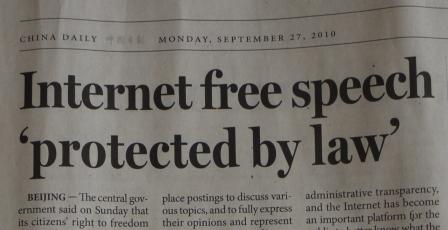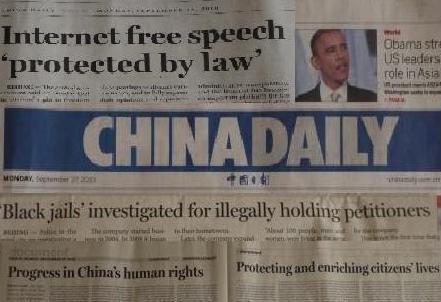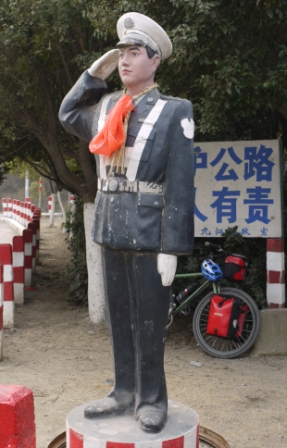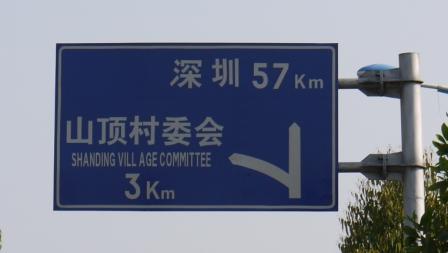“Censorship reflects society’s lack of confidence in itself. It is a hallmark of an authoritarian regime” – Potter Stewart, Associate Justice US Supreme Court

Contrary to popular myth, the Great Wall of China may not be visible from space, but the so-called Firewall – the Golden Shield project – is much in evidence. Protecting society from laudable threats?
The problem with these things is where do you set the boundary. What constitutes a genuine risk, and to whom exactly? The individual? Or the State? China is not alone in seeking to do this. Turkey barred access to YouTube until fairly recently, and Australia has been debating the imposition of a filter to exclude access to some websites.
But, where China seems to differ from countries like Australia, there’s been no public debate, and the exclusions extend far beyond undeniably obscene content most people would find wholly repugnant. Try typing freedom into a browser in China, or attempt to access Facebook or YouTube, and see what happens. Straightforward censorship. The oppression of free speech.
Which is a little ironic. Article 35 of the Constitution specifically provides for citizens to enjoy “freedom of speech, ..press, ..assembly, ..association, ..demonstration“. The same document which, incidentally, states “Taiwan is part of the sacred territory of the People’s Republic of China“. I’ll let you tell them.
Whatever the exact exclusion policy is in China, its application seems haphazard, inconsistent. Sometimes sites are blocked, other times, and in other places, not. Others may be accessible, but, particularly with search engines, use the wrong term and all you see is a blank screen. And its not just web browsing that’s filtered, it appears to extend to e-mail addresses, Golden Shield blocking the transmission to those the authorities presumably consider to be undesirable. And quite innocuous sites, such as the UK’s The Outward Bound Trust, a highly respected charity, is barred, for reasons that are unclear.
Published guidance for internet cafes on what users are to be precluded from accessing is as intriguing as it is contrary to any notion of freedom of speech. Extensive use of ill-defined terms such as undermining the unity of the nation, humiliating the national honour, damaging the interests of the State, disseminating rumours. Scope to criminalise just about anything you want. Not sure where this article sits.
Inevitably, the knowledge that web access is being actively scrutinised leads to an element of self-imposed censorship. Insidious. Aware of sensitivities of blogging – many websites are barred lest they be used promote political debate or dissent – I find myself describing my own site as an “online diary for family and friends“. But at least I’ve known one day I’ll be leaving, able to legitimately publish material that, whilst being perfectly acceptably for the website, might not go do so well with the Chinese authorities.
Frustrating, not least because much of the effort spent barring access is quite pointless. A few simple techniques, and some readily available software, allows much of the Firewall to be circumvented. Which is something of a lesson for other nations contemplating filtering web content. It’s actually quite difficult to do.
[This article, published from outside mainland China, is based on research conducted by the author during the course of his travels across the country]





